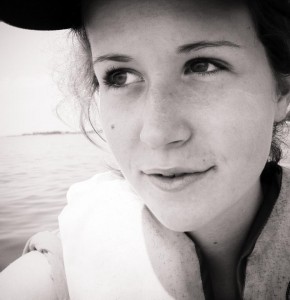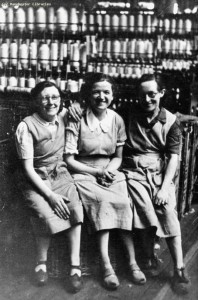The FOUNDATION FOR THE HISTORY OF WOMEN IN MEDICINE
will provide  one $5000 grant to support travel, lodging, and incidental expenses for a flexible research period between JULY 1ST 2014 – JUNE
one $5000 grant to support travel, lodging, and incidental expenses for a flexible research period between JULY 1ST 2014 – JUNE
30TH 2015. Foundation Fellowships are offered for research related to
the history of women to be conducted at the CENTER FOR THE HISTORY OF MEDICINE at the Francis A. Countway Library of Medicine, Boston,
Massachusetts. Preference will be given to projects that deal specifically with women physicians or other health workers or medical scientists, but proposals dealing with the history of women’s health issues may also be considered.
Manuscript collections which may be of special interest include the
recently-opened MARY ELLEN AVERY PAPERS, the LEONA BAUMGARTNER
PAPERS, and the GRETE BIBRING PAPERS (find out more about our
collections at WWW.COUNTWAY.HARVARD.EDU/AWM). Preference will be
given to those who are using collections from the Center’s Archives
for Women in Medicine (see the full list of collections HERE), but
research on the topic of women in medicine using other material from
the Countway Library will be considered. Preference will also be given
to applicants who live beyond commuting distance of the Countway, but
all are encouraged to apply, including graduate students.
APPLICATION REQUIREMENTS
Applicants should submit a proposal (no more than two pages)
outlining the subject and objectives of the research project, length
of residence, historical materials to be used, and a project budget
(including travel, lodging, and research expenses), along with a
curriculum vitae and two letters of recommendation by MARCH 15TH,
2014. The fellowship proposal should demonstrate that the Countway
Library has resources central to the research topic.
Applications should be sent to: Women in Medicine Fellowships,
Archives for Women in Medicine, Francis A. Countway Library of
Medicine, 10 Shattuck Street, Boston, MA 02115. Electronic submissions
of applications and supporting materials and any questions may be
directed to CHM@HMS.HARVARD.EDU.
The fellowship appointment will be announced in April 2014.
Countway Library
10 Shattuck St.
Boston, MA 02115
United States







